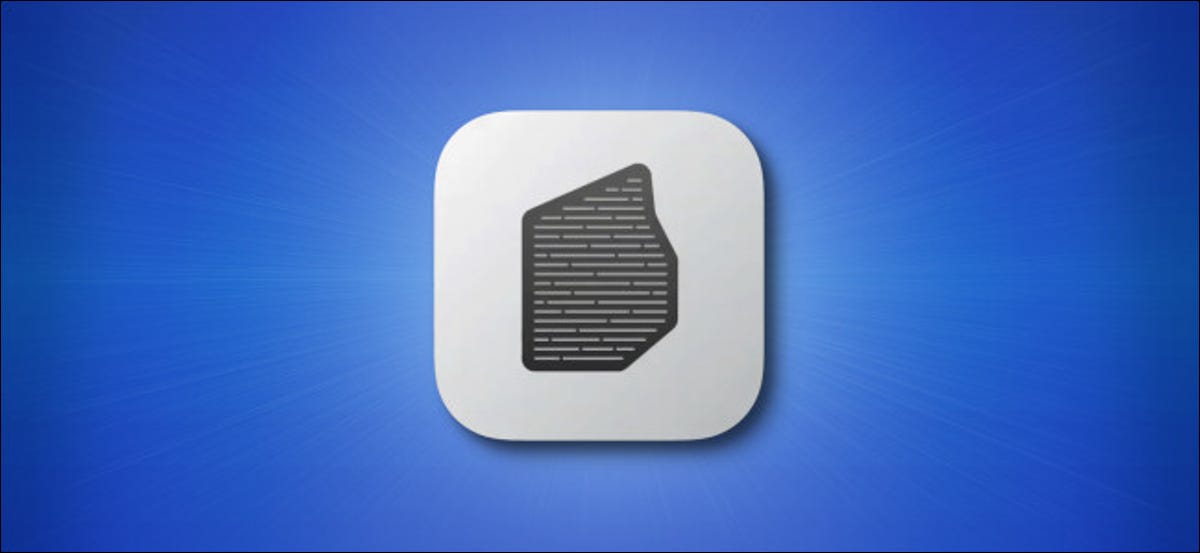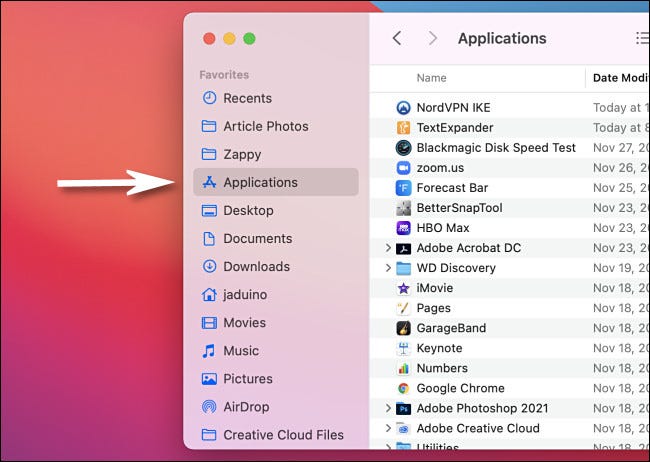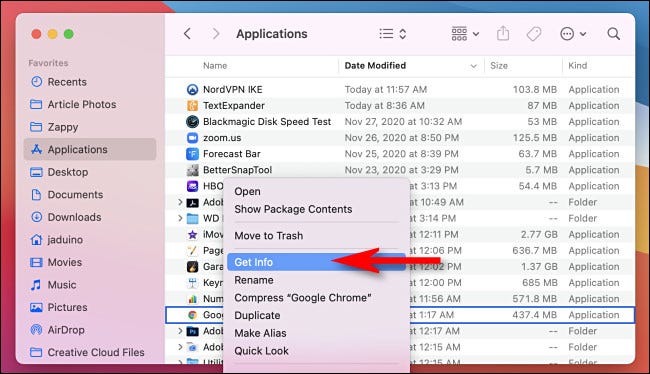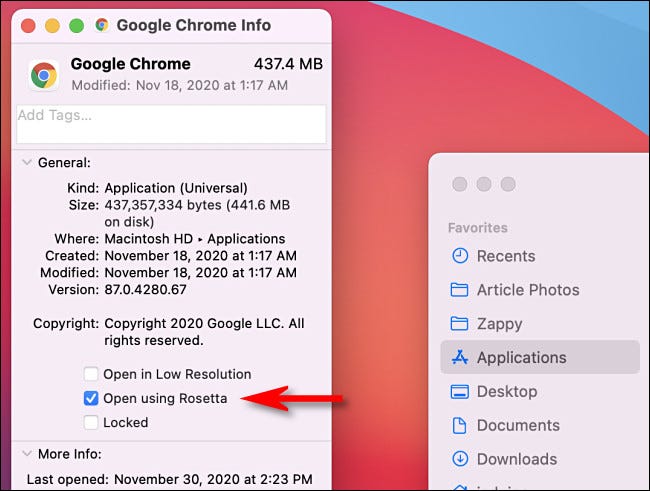
By default, a Mac with Apple Silicon will always run the ARM version of a universal binary application if it is enabled. But sometimes, Older plugins you trust may not have been updated to support Apple Silicon yet. Fortunately, it's easy to force macOS to run the Intel version of an app via Rosetta instead of. That's how.
First, open your folder “Applications”. One way to do this quickly is to open “Finder” y seleccionar Ir> Aplicaciones en la barra de menú en la parte de arriba de la pantalla. You can also open a Finder window and click “Applications” in the sidebar.


In the folder “Applications”, search for the universal binary app you would like to run through Rosetta. Right click (or press Ctrl and click) on the app icon and select “Get information”.


In the window “Get information” that appears, look to the bottom of the section “General”. Check the checkbox “Open using Rosetta”.
Now you can close the information window.


The next time I open the app, will open the x86_64 version of the application using Rosetta instead of the arm64 version. If you want to rerun the Apple Silicon version of the application, You can do this by clicking the “Get information” of the application again and uncheck “Open with Rosetta”. Good luck!
Hopefully, this will be less necessary over time. Apple's first Apple Silicon Macs, that have the M1 chip, provide a platform for developers to port their applications to ARM to run natively on future Apple Silicon Macs.
RELATED: What is Apple M1 chip for Mac?






